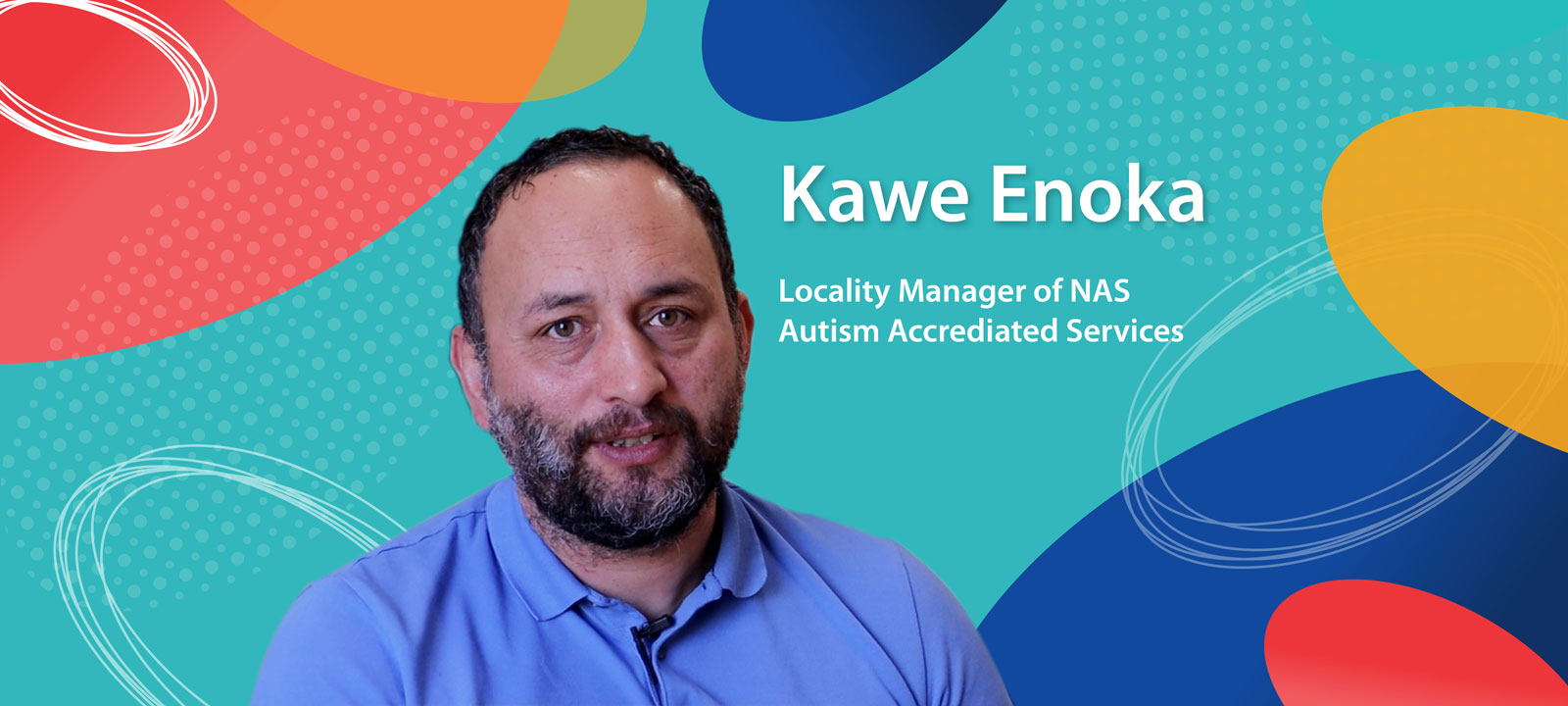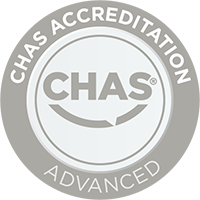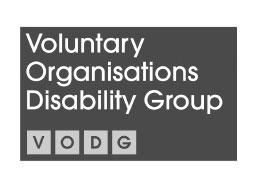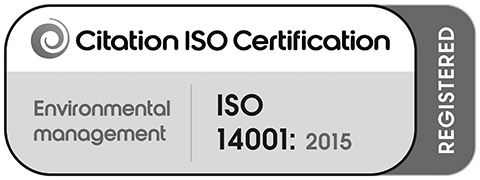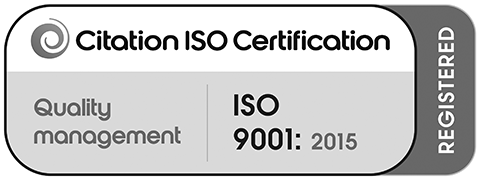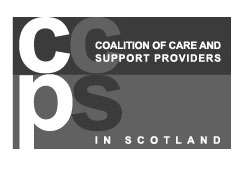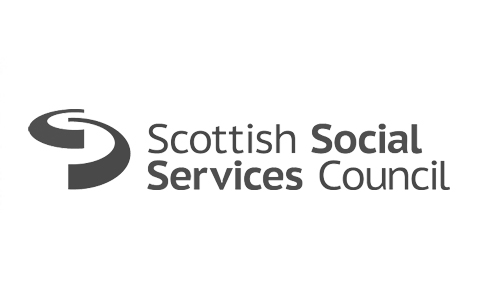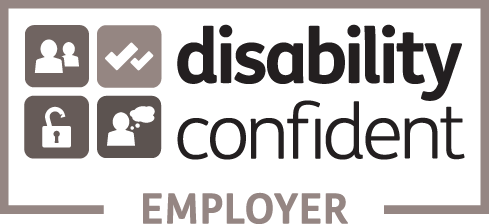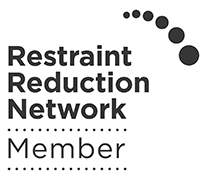NAS Autism Accreditation – Autism Acceptance Week
Thursday 30 March, 2023As we near the end of Autism Acceptance Week we caught up with Kawe, our Service Locality Manager in Glenrothes. Kawe’s service recently achieved Autism Accreditation through the National Autistic Society (NAS).
Autism Accreditation is the UK’s only autism specific quality assurance programme of support and development for all those providing services to autistic people, and Real Life Options are proud to currently have five accredited services. Kawe spoke to us about the accreditation, and why it’s so important.
What lead the service to becoming autism accredited
Glenrothes originally had their own autism accredited branch which supported four autistic people. Over time Kawe evolved the team to support 15 autistic people. Supporting such a large number of people, there was a big focus on autism, and the best ways to provide individual person centred support. Providing high quality autism support and keeping up with evolving practices is at the heart of what Kawe’s team do. The best way to support people is constantly changing and since starting his career, Kawe has seen lots of different themes which have changed over the last three years. Keeping up with these best practices gives Real Life Options teams increased expertise in supporting autistic people.
The accreditation process
Firstly, the team answered a series of questions in a written document to demonstrate and evidence how their service meets the standards laid out by the NAS accreditation panel. The assessors then came to the service for a couple of days and looked at two main elements, inspecting the paperwork in place and observing staff working with the people we support. Assessors were interested in how the team enable transitions, which play a big part in what Kawe’s team do. For example, when an autistic person goes from one activity to another, the transition can be challenging and it’s important to make sure they have time to process information. Staff members received feedback on these practices straight away, which was useful as it allowed the team to identify what they were doing well.
Challenges
During the COVID-19 pandemic, the autistic people we support had lots of anxiety, which meant the team had to put measures in place which changed the way people were supported. Kawe says “we tried to keep things as normal as possible for the people we support. After lockdown we began getting the people we support back into the community, but people experienced sensory overload. It has taken a lot of work, but the people we support are now functioning better in the community than they were pre-covid”.

